
The startup landscape for deals is drastically changing thanks to the entrance of private-equity firms and the rise of acquihires. Private equity is filling the gap left by a frozen IPO market and corporates unwilling or unable to cut deals. For startups, PE represents a deep-pocketed buyer willing to move quickly, pay a premium, and potentially help the business by tapping into complementary companies in their portfolio. Perhaps most importantly, a PE deal means equity holders get cash immediately, unlike an IPO that has some holding periods.
As for PE, the industry has been sitting on a record amount of cash — $2.59 trillion at the end of 2023 — as it waits out an uncertain economy. And with multiple startups often competing in similar fields, there is plenty of opportunity for consolidation, a PE specialty. The PE-startup relationship has already taken hold in Europe.
However, startups turning to PE comes with risks. Private equity’s push for efficiency, and eventual profit, can sometimes get ugly. But any port in a storm, and right now the startup waters are extra choppy.
For instance, Fisker owners are facing a struggle to keep their cars alive after the company’s demise. Weeks after the once-promising EV startup collapsed into bankruptcy, some owners who paid as much as $70,000 for their electric cars now find themselves stuck with slowly falling-apart vehicles.
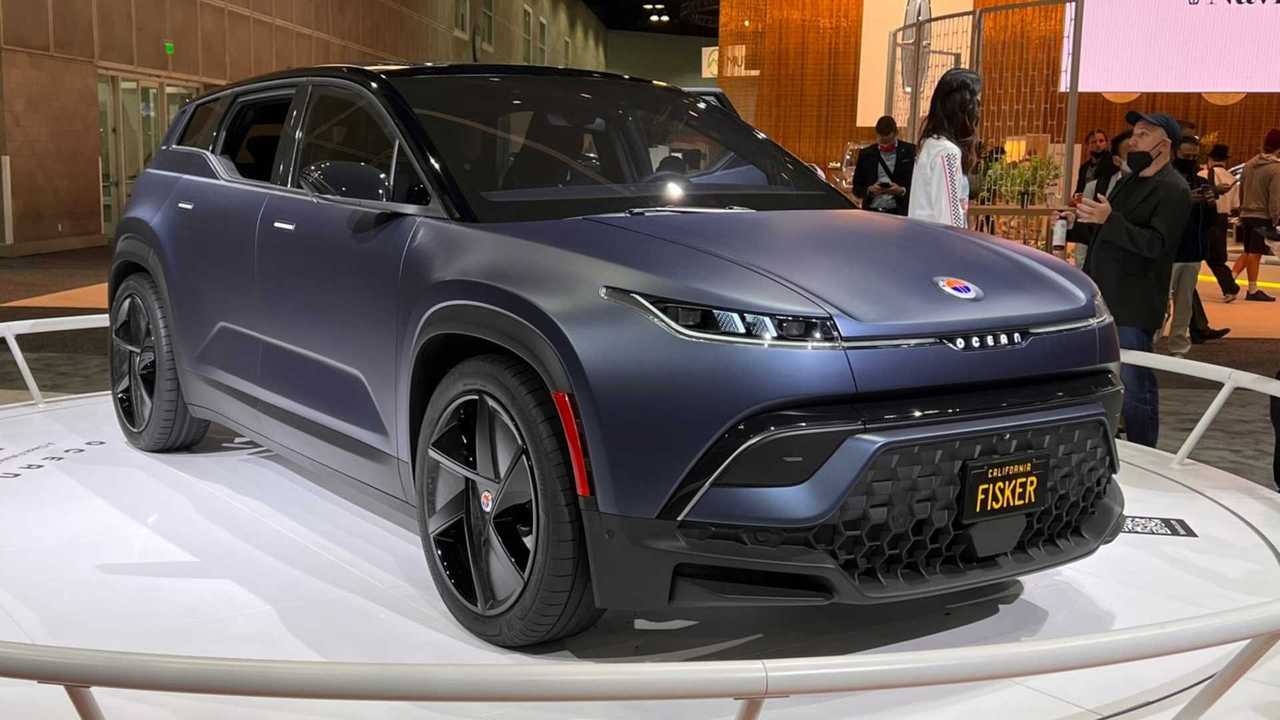 Fisker Ocean owners are facing a struggle to keep their cars alive after the company’s demise.
Fisker Ocean owners are facing a struggle to keep their cars alive after the company’s demise.
Business Insider spoke to five Fisker Ocean owners, all of whom say they have issues with their vehicles that have proven difficult or impossible to fix thanks to the company’s collapse. They said they felt abandoned by the ongoing bankruptcy proceedings, and they had little information about what would happen to their cars in the future.
Steven Hammer, a Fisker owner from Colorado, said he spent months trying to source a glass panel for his Ocean’s “SolarSky Roof,” a roof-mounted solar panel the company said would allow drivers to supplement their battery. After he couldn’t reach anyone from the company and with local dealers unable to install the replacement part, Hammer is now paying to transport his car to a Fisker-certified dealership in another state.
“There are days where the only solace is it’s not a Cybertruck,” Hammer told Business Insider. “I do sometimes look back and wish I’d seen some of the red flags.”
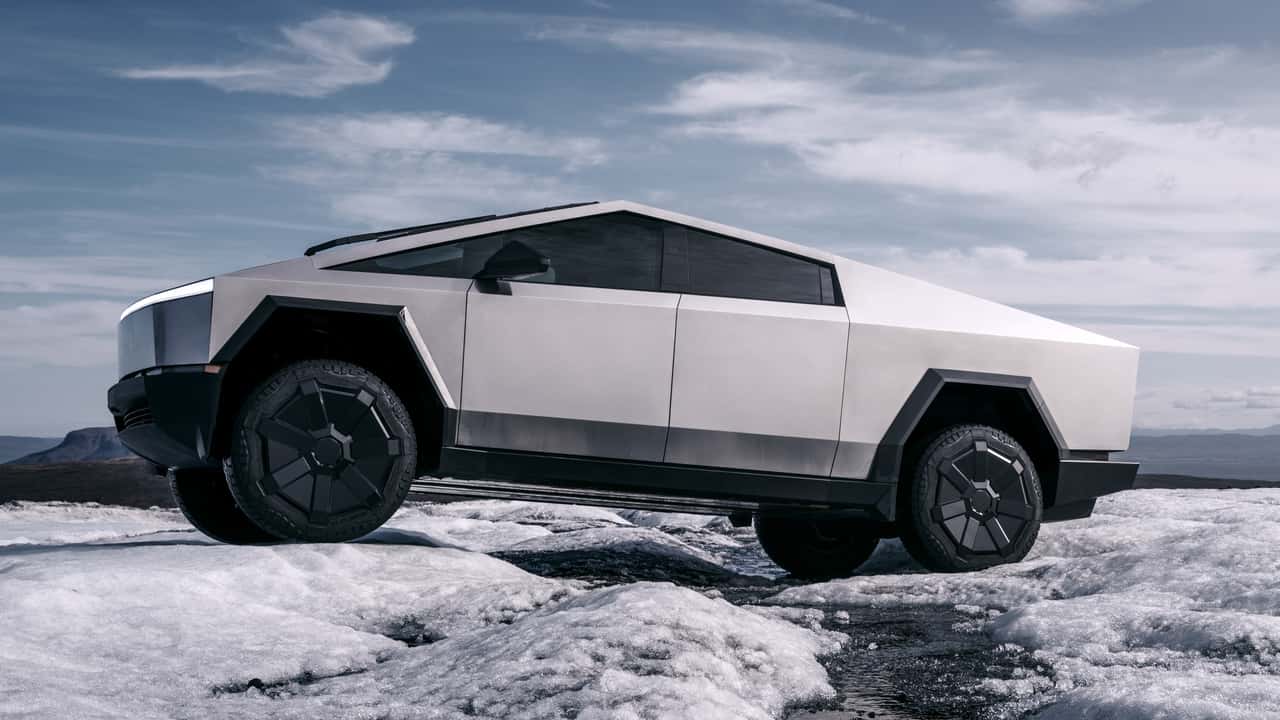 Cybertruck
Cybertruck
Another Fisker owner, who asked to remain anonymous but whose identity is known to Business Insider, said he had to message current and former Fisker employees on Reddit and LinkedIn to acquire a new key fob after the company went bankrupt in June. After sending dozens of messages, he says he was eventually able to get a former employee to send him a new fob.
Fisker has had some very public complaints from customers about bugs, with YouTube reviewer Marques Brownlee branding it the worst car he had ever reviewed.
 Marques Brownlee
Marques Brownlee
With Fisker laying off most of its workforce and winding down operations, it looks unlikely that many of those issues will be addressed.
“They never had enough customer service personnel, but it’s gotten so much worse as they’ve gotten into more trouble. No question about that,” said Hammer.
One Fisker Ocean owner, who also wished to remain anonymous but whose identity has been verified by BI, got his vehicle in November 2023 and is still waiting to fix a battery problem that made it unusable in April.
“Currently, it’s parked in my driveway,” he said. The car can’t be locked because the 12-volt battery and high-voltage battery have been disconnected. It’s literally a lawn ornament right now.
Another Fisker owner, who also asked to be kept anonymous but whose identity has been verified by BI, began having problems with his brakes days after his $70,000 Ocean was delivered in November. He reported the issue to Fisker, who rented him a loaner vehicle from Hertz while he waited for the problem to be fixed. The issue was never resolved, however, and in June the owner received a letter from Hertz informing him that as Fisker had failed to pay the rental charge of the loaner vehicle, he was being charged nearly $5,000.
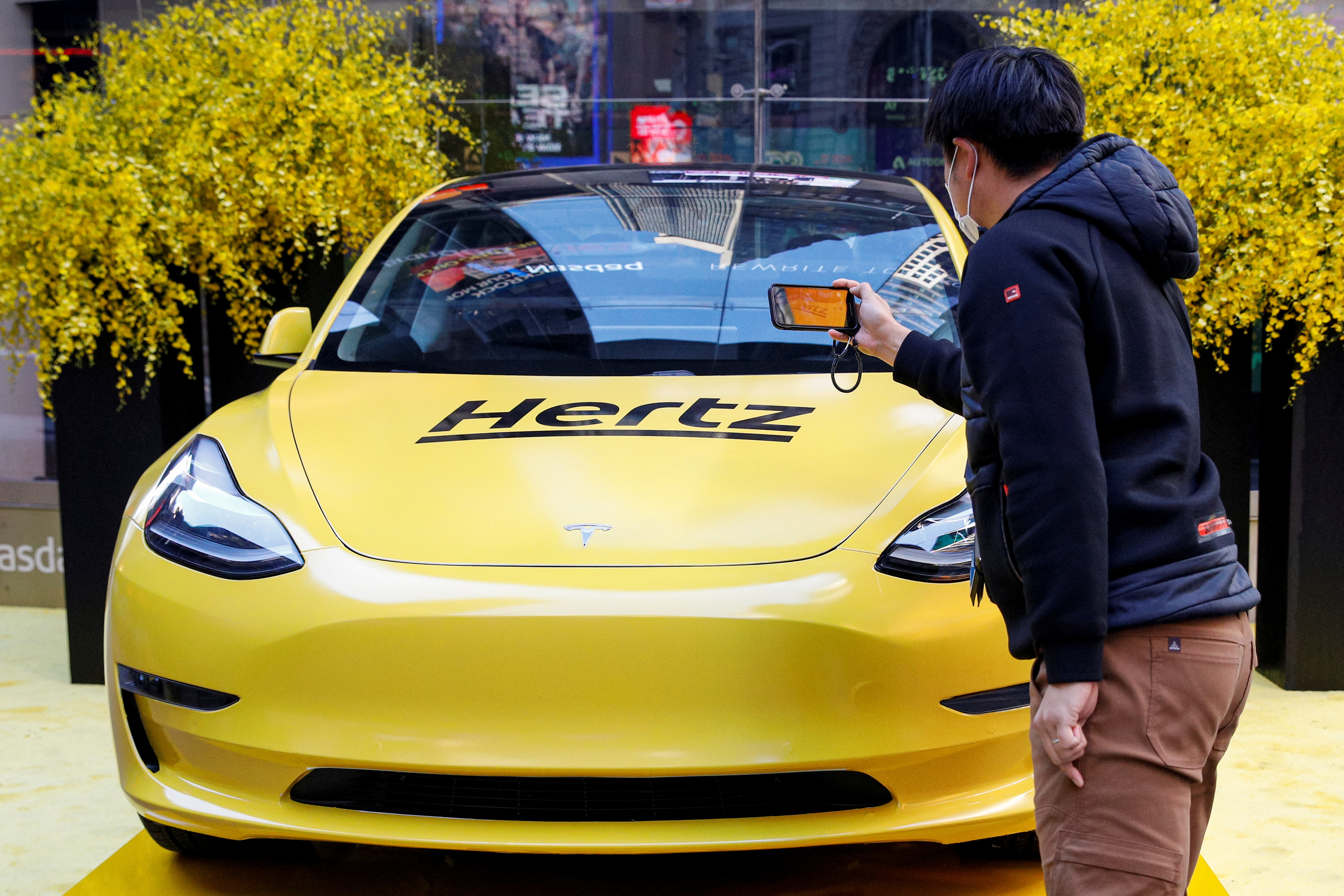 Hertz
Hertz
The rise of private-equity firms and the fall of startups like Fisker is a sign of the times. As the economy continues to be uncertain, it’s likely that we’ll see more and more of these types of deals. But for now, it’s a waiting game for Fisker owners and startups alike.
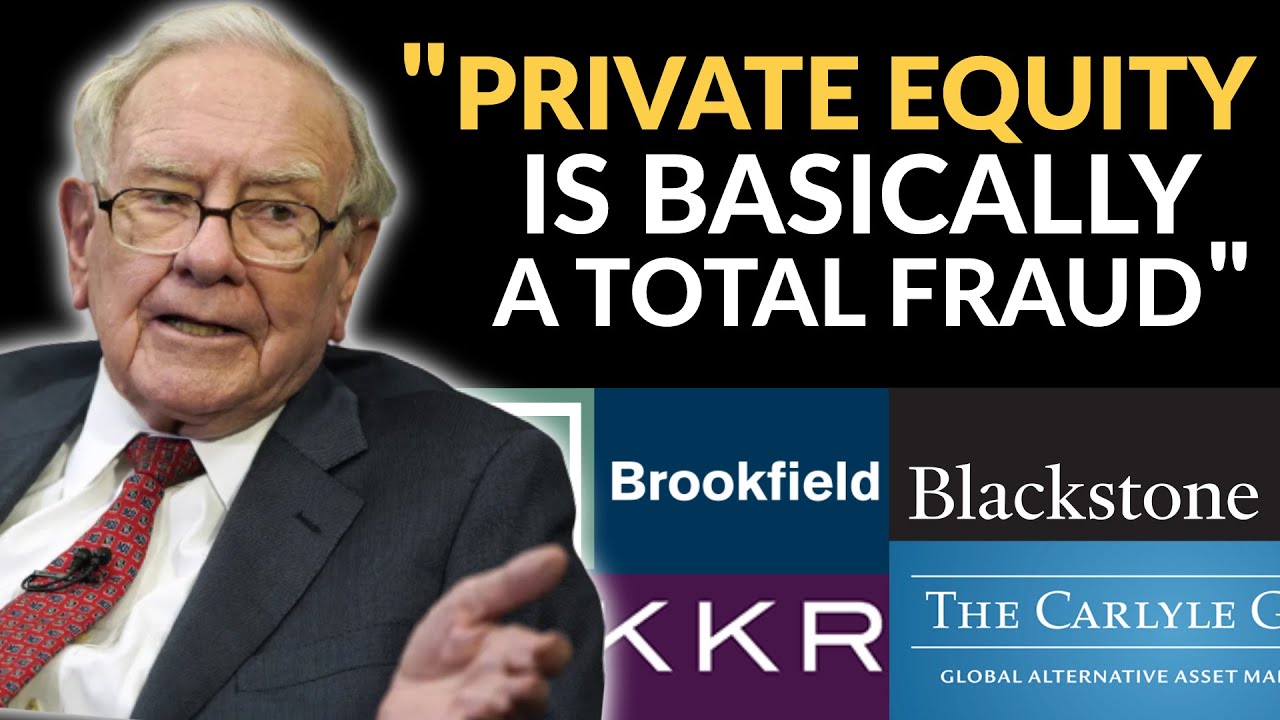 Private equity
Private equity
In the meantime, Fisker owners are left to pick up the pieces and try to make the best of a bad situation. As for startups, they’ll have to navigate the choppy waters of the current economy and hope that they can find a safe harbor.
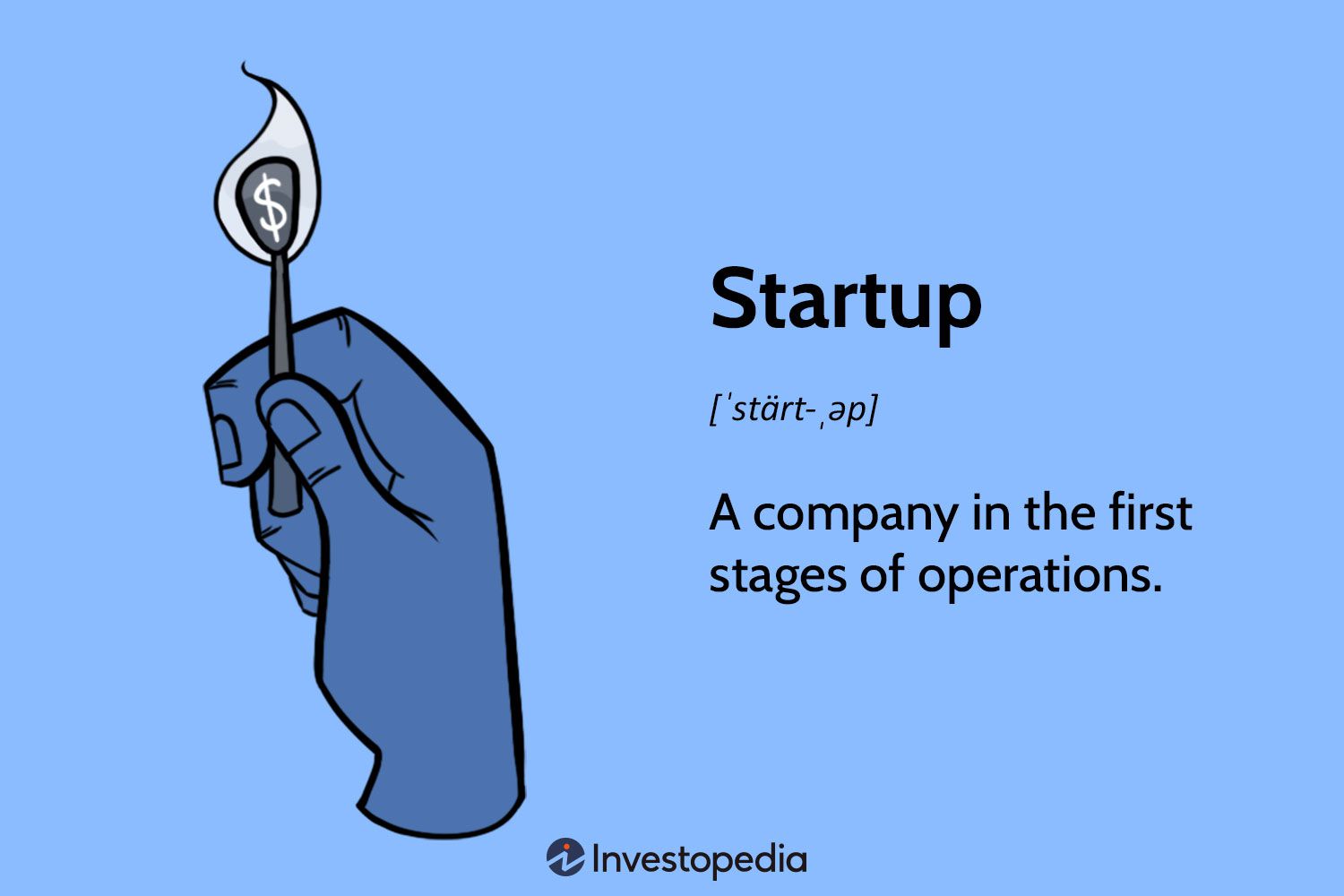 Startup
Startup
Only time will tell what the future holds for Fisker owners and startups. But one thing is for sure - the startup landscape for deals is drastically changing, and it’s likely that we’ll see more and more of these types of deals in the future.
 Startup landscape
Startup landscape












